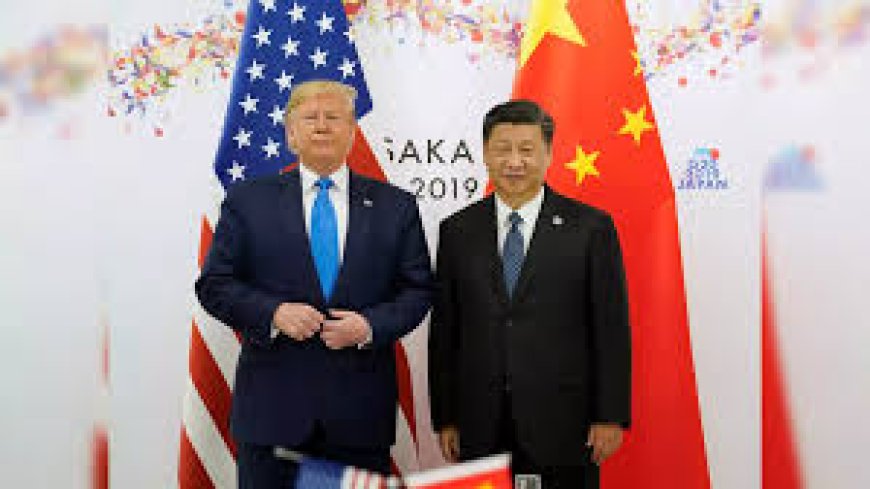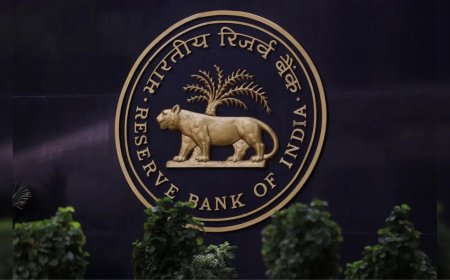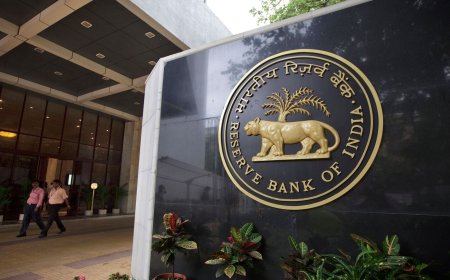China responds to Trump's 'additional 10% tariff' remark: 'BRICS does not target any country, no winner in tariff wars'
China hits back at Trump's tariff threat, stating "BRICS does not target any country" and warning there are "no winners in tariff wars." Analysts weigh implications for global trade and investor sentiment.

Beijing, July 7, 2025 — In a pointed yet diplomatically tempered response, China has reacted to former U.S. President Donald Trump’s latest remarks calling for an "additional 10% tariff on all Chinese goods" if re-elected. Chinese officials stated that the BRICS coalition, of which China is a prominent member, “does not target any country” and reiterated their long-standing stance that “there are no winners in tariff wars.”
Trump's Tariff Remarks Stir Global Concerns
Donald Trump, speaking at a campaign event in Ohio over the weekend, doubled down on his protectionist trade rhetoric, claiming that “China has been taking advantage of America for too long,” and proposed a blanket 10% tariff on all imports from the world’s second-largest economy. “We’re going to bring the jobs home, and China’s going to pay for it,” Trump asserted.
The comments sparked immediate global reactions, particularly from Chinese officials, who have urged Washington to adopt a more pragmatic and cooperative approach toward global trade.
China's Foreign Ministry Fires Back
Chinese Foreign Ministry spokesperson Lin Jian responded during a press conference Monday, asserting, “The BRICS cooperation mechanism is built on the foundation of inclusivity, equality, and mutual benefit. It does not target any third country, and its purpose is to promote a multipolar world and fairer economic order.”
Referring to Trump’s proposal, Lin added, “History has proven repeatedly that tariff wars lead to harm on both sides. There are no winners in such confrontations, only setbacks for global supply chains and consumer interests.”
He further emphasized that China remains committed to open trade and will protect its legitimate economic interests through “rational and necessary” measures if provoked.
Analysts Warn of Trade Tensions Escalation
Global markets reacted cautiously to the unfolding developments, as analysts weighed the implications of another round of tariffs on already strained U.S.-China trade relations.
“Trump’s comments may be campaign bluster, but markets are pricing in the possibility of renewed trade hostilities if he returns to office,” said Dr. Ming Zhao, Senior Economist at EastSpring Capital. “A 10% across-the-board tariff could affect over $500 billion in trade, reigniting inflationary pressures in the U.S. while hurting Chinese exports in a slowing global economy.”
The S&P 500 opened slightly lower on Monday, with major multinational exporters like Apple and Caterpillar seeing early declines. Meanwhile, Hong Kong’s Hang Seng Index also dipped 1.1%, reflecting investor unease.
BRICS Strategy Emphasizes Multipolar Cooperation
Amid the renewed tariff threats, China’s reaffirmation of BRICS’ neutral stance is notable. The BRICS group — comprising Brazil, Russia, India, China, South Africa, and recent additions such as Egypt and Iran — is positioning itself as an alternative economic framework to Western-dominated blocs like the G7.
“The BRICS platform is not an anti-West alliance, but rather an attempt to rebalance global governance and offer more voices from the Global South,” said Professor Yan Liang, Director of International Political Economy at Fudan University. “However, such statements also serve to indirectly counter the confrontational tone of Western policies like tariffs and sanctions.”
Market Context and Supply Chain Concerns
In recent years, both the U.S. and China have made efforts to diversify their supply chains — the U.S. through reshoring and friendshoring strategies, and China through its Dual Circulation Policy.
“A 10% tariff hike would cause short-term disruptions, especially in consumer electronics, apparel, and machinery,” said Katherine Grant, Trade Policy Analyst at Bloomberg Intelligence. “However, both countries have somewhat de-risked their mutual dependence since 2018, so the shock may be more muted than the last trade war.”
Nevertheless, businesses are wary. The U.S. Chamber of Commerce issued a statement urging “predictable and fair trade policies” that do not burden American consumers or small businesses.
Investor Outlook: Risk-Weighted but Not Panic-Driven
For investors, the situation calls for caution rather than alarm. While tariff threats introduce headline risk, most analysts believe implementation is still far off — contingent on the 2025 U.S. election outcome.
“From an investment perspective, this is a geopolitical risk that remains hypothetical for now,” said Arjun Mehta, Global Markets Strategist at Mirae Asset. “Portfolio diversification, especially into emerging markets outside China and sectors less affected by tariffs, remains a sound strategy.”
Bond yields remained stable, suggesting that investors are not yet pricing in a full-blown trade war. However, the dollar showed minor strengthening as a safe-haven move.
China’s response to Trump’s tariff threat underscores its intent to maintain a multilateral, cooperative global trade order, leveraging platforms like BRICS to build economic resilience. As geopolitical tensions ebb and flow, businesses and investors must navigate an increasingly complex landscape marked by rhetoric, policy shifts, and strategic realignments.
What's Your Reaction?
 Like
0
Like
0
 Dislike
0
Dislike
0
 Love
0
Love
0
 Funny
0
Funny
0
 Angry
0
Angry
0
 Sad
0
Sad
0
 Wow
0
Wow
0












































































